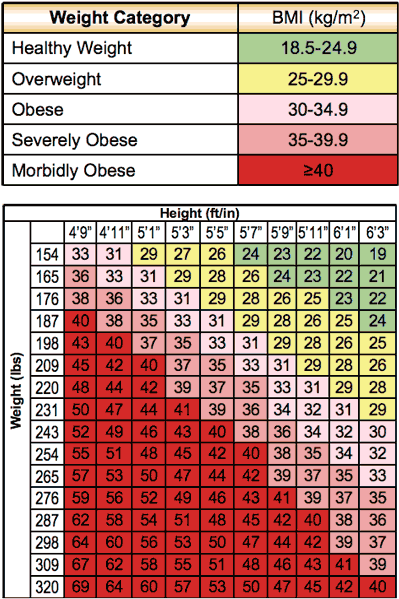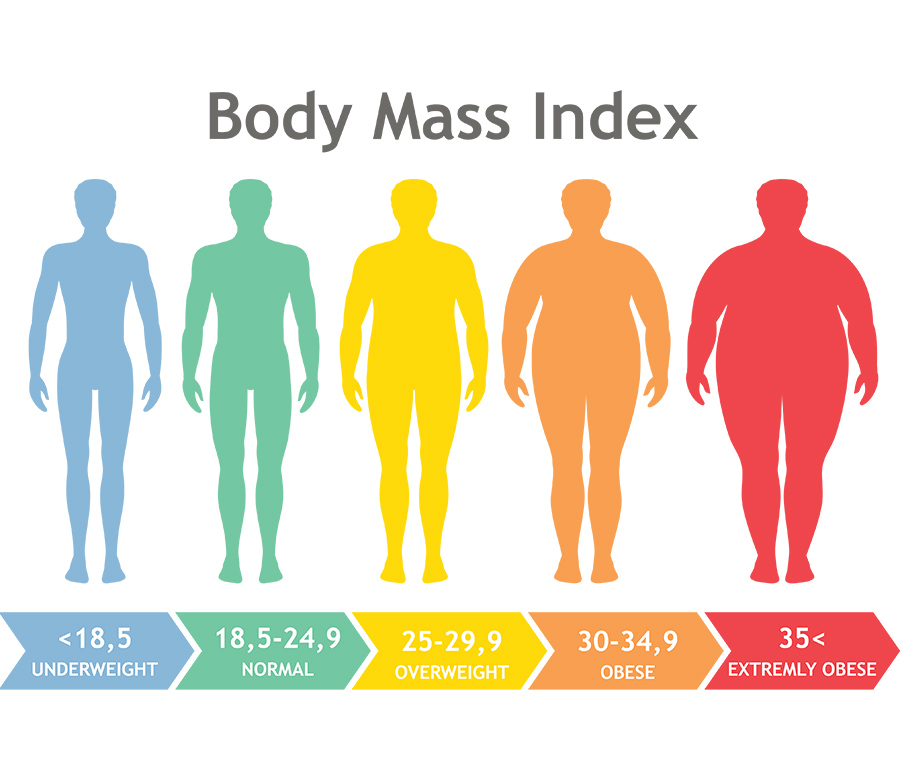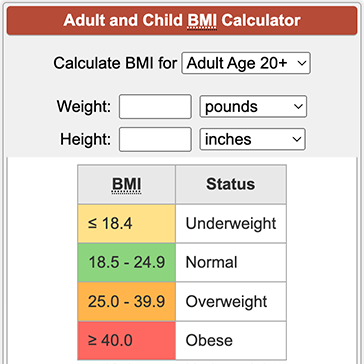Are you curious about your Body Mass Index (BMI) and what it means for your health? Finding your BMI is a simple yet powerful way to understand where you stand in terms of weight and overall wellness.
Whether you want to shed some pounds, maintain your current shape, or just get a clearer picture of your body, knowing your BMI gives you a solid starting point. You’ll discover how to find your BMI quickly, what the numbers really mean, and why it matters for your health journey.
Ready to take control of your well-being? Let’s dive in and find your BMI together.

Credit: www.singhmotors.com
What Bmi Reveals
BMI, or Body Mass Index, is a simple number based on height and weight. It helps to categorize a person’s body size. This number can give a quick idea about health status related to weight.
BMI alone does not tell the whole story. But it acts as a useful starting point. Many health experts use BMI to screen for weight problems.
Bmi Categories Explained
BMI divides people into groups based on their score. The main groups are underweight, normal weight, overweight, and obese. Each group shows a range of BMI values.
Underweight means BMI is below 18.5. Normal weight ranges from 18.5 to 24.9. Overweight covers 25 to 29.9. Obesity is 30 and above.
Bmi And Health Risks
BMI helps identify risks linked to body weight. Higher BMI can increase chances of heart disease, diabetes, and stroke. Low BMI may signal malnutrition or other health issues.
Doctors often use BMI to decide when to check for these health problems. It guides decisions about diet, exercise, and medical care.
Limitations Of Bmi
BMI does not measure body fat directly. It cannot tell muscle from fat. People with high muscle mass may have a high BMI but low fat.
BMI also does not consider age, gender, or race differences. It is only a rough estimate. For full health evaluation, other tests are needed.
Quick Bmi Calculation
Calculating your Body Mass Index (BMI) quickly helps you understand your health better. BMI is a simple number that shows the relationship between your weight and height. It helps identify if you are underweight, normal weight, overweight, or obese. You can find your BMI using basic math or online tools in just a few minutes.
Using Height And Weight
To calculate BMI, you need your weight and height. Weight should be in pounds or kilograms. Height can be in inches or centimeters. These two numbers are the base for the calculation. Make sure your measurements are accurate for the best result.
Step-by-step Calculation
First, multiply your weight by 703 if using pounds and inches. If using kilograms and meters, skip this step. Next, square your height in inches or meters. Finally, divide your weight number by the squared height number. The result is your BMI.
Online Bmi Tools
Many websites offer free BMI calculators. You enter your height and weight. The tool does the math instantly. This is the fastest way to get your BMI without manual calculation. Some tools also explain what your BMI means for your health.
Ideal Weight And Bmi
Understanding your ideal weight and BMI helps you maintain good health. BMI, or Body Mass Index, is a simple number calculated from your height and weight. It shows if your weight is in a healthy range. Knowing this range helps you make better choices for your body.
Finding Your Healthy Range
Your healthy BMI usually falls between 18.5 and 24.9. This range indicates a weight that supports overall wellness. Numbers below 18.5 may mean you are underweight, while above 24.9 could signal overweight. Staying within this range lowers the risk of many health problems.
Age And Bmi Considerations
BMI changes as you age. Older adults may have higher body fat even if BMI stays the same. Children and teens use different charts that consider growth and development. Always consider age when evaluating BMI for accurate health guidance.
Body Composition Factors
BMI does not measure muscle or fat directly. Athletes with high muscle mass might have a high BMI but low body fat. Body fat percentage and muscle distribution affect your ideal weight. Use BMI as a guide, but consider other body factors for a full picture.

Credit: www.healthandcare.co.uk
Bmi And Medication
BMI, or Body Mass Index, plays a key role in deciding medication options for weight management. It helps doctors assess if a patient qualifies for certain drugs. Medications like Ozempic depend on BMI criteria for eligibility. Understanding these criteria can guide you through the treatment process.
Bmi Requirements For Ozempic
Ozempic is prescribed mainly for adults with a BMI of 30 or higher. Patients with a BMI of 27 or above may also qualify if they have weight-related health problems. These conditions include diabetes, high blood pressure, or sleep apnea. BMI acts as a starting point to determine if Ozempic is suitable.
Medical Evaluation Process
A healthcare provider evaluates your overall health before prescribing Ozempic. This includes reviewing your medical history and current conditions. The provider checks for any risks or potential side effects. They ensure the medication matches your health needs and goals. This step is important for safe treatment.
Lifestyle Changes With Medication
Using Ozempic requires adopting healthy lifestyle habits. Patients must focus on diet improvements and regular exercise. Medication works best when combined with these changes. This approach helps maintain weight loss and improve overall health. Doctors emphasize lifestyle changes as part of the treatment plan.
Beyond Bmi
BMI is a popular tool to estimate body fat using height and weight. It helps identify if someone is underweight, normal, overweight, or obese. But BMI has limits. It does not show the full picture of a person’s health or fitness.
Body composition, muscle mass, age, and other factors affect health beyond BMI. Understanding these can lead to better health choices and goals. Exploring metrics beyond BMI gives a clearer view of well-being.
Alternative Health Metrics
Body fat percentage measures fat compared to total body weight. It shows how much fat you carry, not just weight.
Waist circumference helps assess risk for heart disease and diabetes. Fat around the waist is more harmful than fat in other places.
Muscle mass indicates strength and fitness. More muscle can mean a higher weight but better health.
Resting heart rate and blood pressure also give clues about fitness and heart health.
Consulting Healthcare Professionals
Doctors and dietitians can offer personalized advice based on more than BMI. They consider medical history, lifestyle, and test results.
Health experts can guide safe weight loss or muscle gain plans. They help set realistic and healthy goals.
Regular check-ups ensure changes improve overall health, not just weight numbers.
Tracking Progress Effectively
Use multiple measures to see real progress. Track weight, body fat, waist size, and fitness levels.
Keep notes about energy, mood, and strength improvements too. Health is more than numbers on a scale.
Set short-term goals and celebrate small wins. This keeps motivation strong and builds healthy habits.

Credit: www.calculatorsoup.com
Frequently Asked Questions
How Would I Calculate My Bmi?
Calculate your BMI by dividing your weight in pounds by your height in inches squared, then multiply by 703.
What Bmi Qualifies For Ozempic?
Ozempic typically qualifies for adults with a BMI of 30 or higher. Those with a BMI of 27+ and weight-related health issues may also qualify. A healthcare provider must evaluate overall health before prescribing Ozempic.
What Is The Correct Bmi For My Age?
The correct BMI range for adults, regardless of age, is 18. 5 to 24. 9. BMI does not change with age. Consult a healthcare professional for personalized advice.
Why Don’t Doctors Use Bmi Anymore?
Doctors avoid BMI because it ignores muscle mass, fat distribution, and racial differences, making it less accurate for health assessment.
Conclusion
Finding your BMI is a simple way to understand your body weight. It helps show if you are underweight, normal, overweight, or obese. Remember, BMI is only one measure and does not tell the whole health story. Consider other factors like muscle, age, and lifestyle too.
For the best advice, talk to a healthcare professional. Knowing your BMI can guide you toward healthier choices. Start today and take small steps for a better you.



